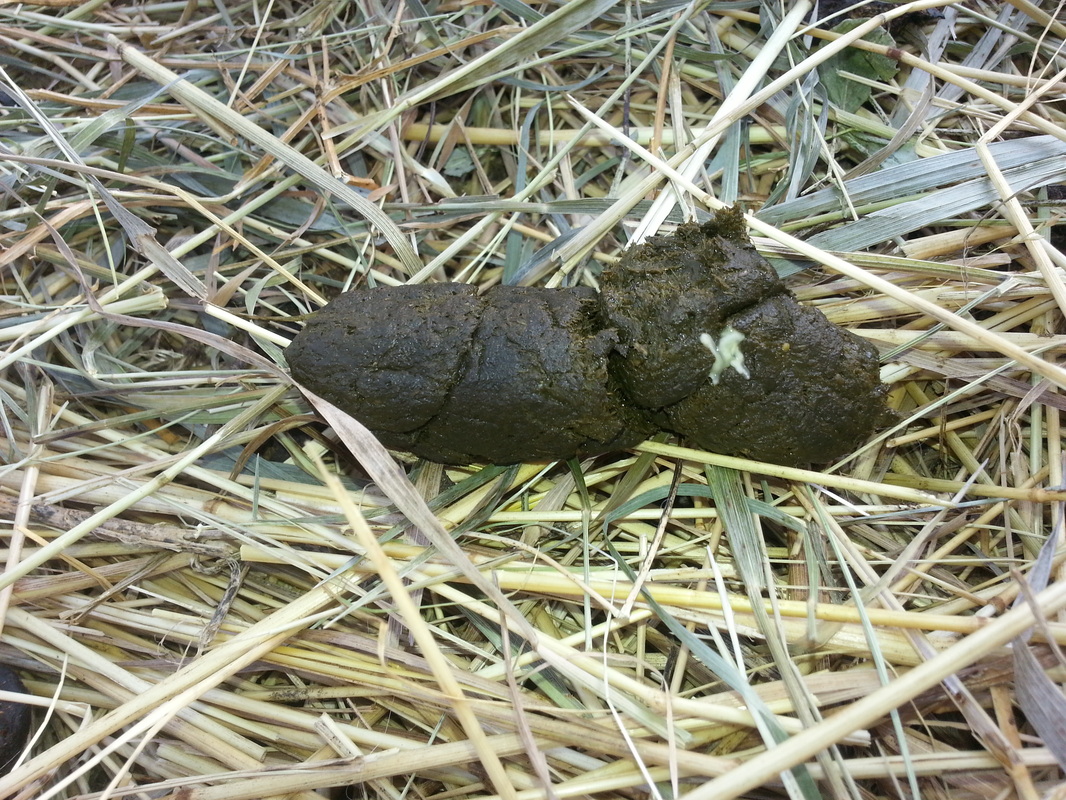Along with the herbal wormer, I included a lot of granulated garlic. This also helps to encourage the worms to get out of town. To make the powder palatable and edible, I mixed it with the granulated garlic and sugar beet pulp covered with molasses. The sweet pulp encourage the goats and sheep to eat up all the wormer and I even sprinkled a few oats in the mix, just to encourage the more reluctant ones. Ideallly, each individual animal should be fed a proper dosage and that works well with only a few animals, but there are 50 sheep and 20 goats, so it is not easily done.
I am extremely pleased with the result of the herbal wormer. The treatment needs to happen for three days and then then the second formula happens once a week for the other 7 weeks. Diligence will be the key factor in eradicating the worms. Molly's herbal wormer is a patented formula, so the ingredients are not available. I think any number of worming herbs ground to a powder and mixed together will produce a similar result. For now, I ordered a ten month supply with the intent of getting rid of the worms in the sheep and goats. The other animals can use this program too, but getting dogs to eat it might not be so easy. I did give some to the chickens, however; they were not interested in it. It is there if they would like it though. I might add it to the oyster shell, which they consume in copious quantities to encourage them to eat it.
Worm resistance is a growing problem for ruminants and their keepers. Years ago, there were no chemical wormers and the misuse of them, routinely worming twice a year wether the animals required it or not, and under dosing causes the worms to become resistant and then the chemicals no longer work. This is what happened with the Nubians. My own animals have been on a different herbal program which was working for this farm. The Nubians were stressed and the adult does were already anemic when they arrived, so I suspect the problem was brought to the farm. For every problem there is a solution. I strongly encourage farmers to investigate herbs for the eradication of worms. Resistance is not a problem then and the animals are not subjected to chemicals which stay in the meat and milk.
It is a universal problem. Natural is the only way to make it disappear, but constant diligence is the key. I see it work firsthand and encourage all to give it a try.


 RSS Feed
RSS Feed